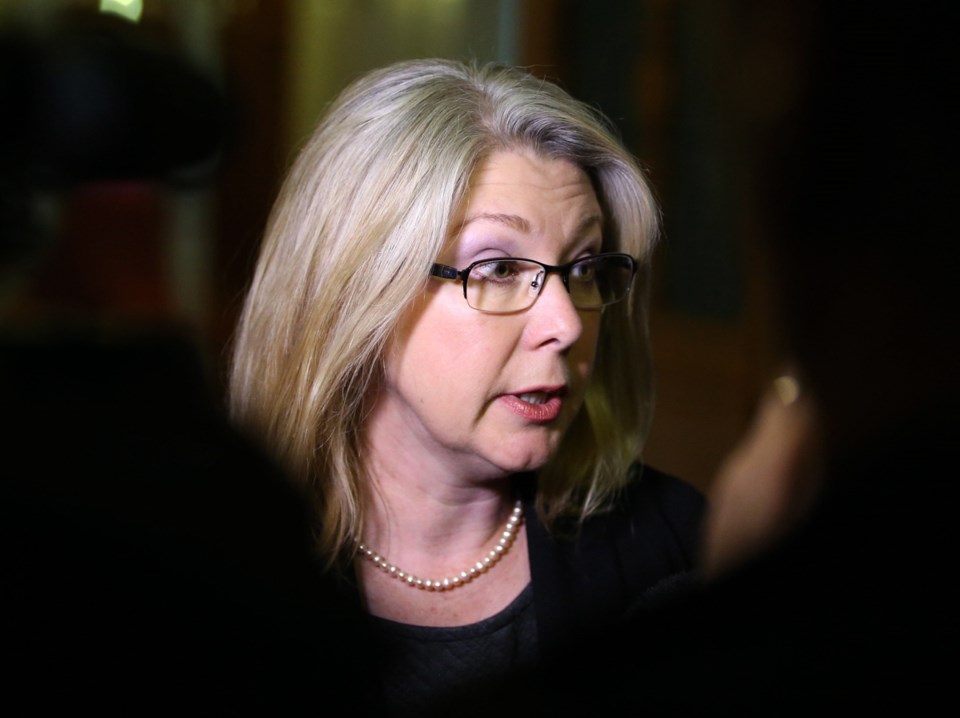Premier Christy Clark heads to a global climate action conference in Paris next week just as a new report shows her government will likely miss its greenhouse gas reduction targets.
The report by Clark’s Climate Leadership Team says the fight against climate change has stalled on her watch.
“New policies have not been added to the original policies, which plateaued in 2012,” the report said.
The team of business, environmental, First Nations and academic leaders said it will now be “extremely difficult” to achieve the goal of reducing greenhouse gas emissions to at least 33 per cent below 2007 levels by 2020.
The team says an 80 per cent reduction by 2050 remains in reach, but only if the province adopts a bold strategy that includes:
• Hiking the $30 per tonne carbon tax $10 a year, beginning in 2018.
• Using the carbon tax revenue to cut the provincial sales tax to six per cent from seven per cent to support families and businesses.
• Creating mechanisms to protect “emission-intensive, trade-exposed” industries.
• Eliminating the sales tax on all electricity rates.
Environment Minister Mary Polak said she has “no reason to doubt” the team’s conclusion that B.C. is likely to miss its 2020 targets.
“We’ve always said that the 2020 target was going to be challenging to meet,” she said.
“They have confirmed that in the modelling that they’ve done. But that is part of the work of climate action. You constantly have to adjust what it is that you’re doing; you have to track where you are in terms of your emissions.”
She disputed, however, that climate action was given a lower priority under Clark than under former premier Gordon Campbell. Polak noted that the government has maintained the carbon tax despite pressure to scrap it.
“I don’t think we’ve taken our foot off the gas at all,” she said. “I think other people are finally starting to catch up.”
The members of the climate leadership team, however, say B.C. can no longer claim to be a climate action leader.
“You’re not going to solve climate change with one step overnight,” said Matt Horne of the Pembina Institute.
“What Campbell did in 2008 was a really encouraging first step and we haven’t seen anything build on that since the last carbon tax increase in 2012.”
Horne said governments have to make sustained, year-over-year improvements in order to maintain leadership status. “And B.C. has been stalled for a few years,” he said.
NDP Leader John Horgan called the report a “scathing indictment” of Clark’s performance to date.
“Christy Clark, rather than going triumphantly to Paris as a climate leader, will be going as a climate failure,” he said.
Polak said the government plans to seek public input on the report’s 32 recommendations before releasing a Climate Leadership Plan next spring.



